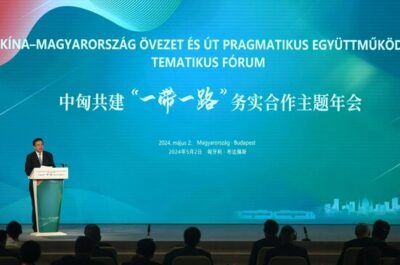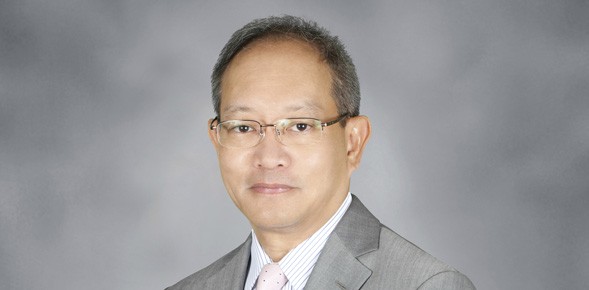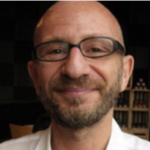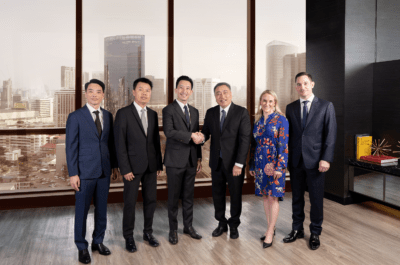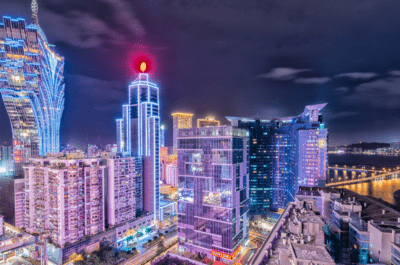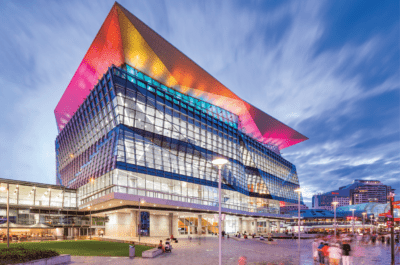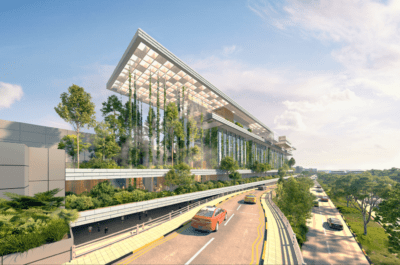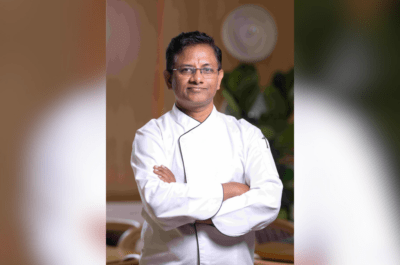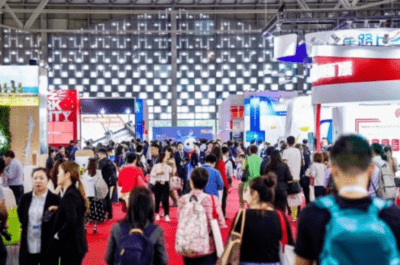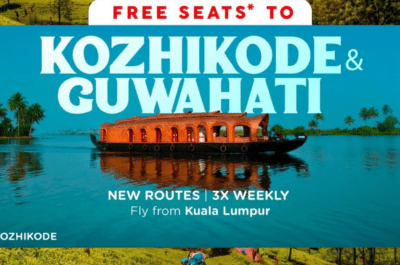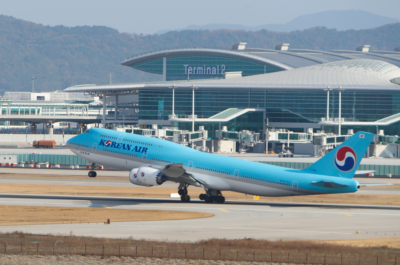A veteran and an outspoken personality in tourism, Chanin Donavanik is head of the Dusit International Group and speaks in exclusivity to Travel Daily News about the expansion of its group.
How does Dusit’s future look?
Chanin Donavanik – We feel very exhilarating about our growth. Over the last five years, we concentrated our efforts to expand our brand outside Thailand. Thailand is a great tourism destination but it is sometimes marred in political uncertainties. This is one of the reason we decided to diversify our portfolio. At the same time, I consider Dusit as one of Thailand’s best ambassador of our traditional sense of hospitality.
How many hotels do you plan to open and where are they located?
C.D.– We have 20 properties, mostly owned by us and we will add over the next two years some 14 to 15 more hotels. Within five years time, we should have grown our portfolio to 50 properties. We are for now developing our brand in China, India and the Middle East. We just opened hotels in Abu Dhabi and New Delhi and will soon also be present in Doha in Qatar as well as in Nairobi in Kenya. Nairobi will then become the first African city with an Asian brand. With our expansion, we believe that a Thai brand can compete against other international hotel names. It can only bring positive impulsions to Thailand itself.
In previous interviews, you were mentioning Dusit interest to be present in Europe. How are the perspectives of seing a Dusit property there ?
C.D. – We would love to be in major European capitals such as London, Paris or Munich. But we also realize that Europe is a difficult market as land and property prices remain extremely high. High pricees are generally driven by massive investments from the Middle East and Russia…
Why are you not also considering to open in Thailand itself, maybe in the 3-/lower 4 stars segment?
C.D. – We are already present in the four-star segment with our brand D2. But the opening of 15 properties abroad in such a short period of time takes a lot of energy and we must concentrate on those projects. For example, we need to find new staff, some 5,000 additional in fact. That also requests a lot of attention. On the other hand, the over capacity in Thai hotel industry is killing secondary destinations. Hotels are barely profitable. This is why many secondary destinations in Thailand lack good quality hotels as investors are reluctant to put their money. However, I still believe that there is definitely a market for well-recognised brands in Thailand’s secondary cities. But only in the longer term.
How about your expansion in the rest of Asia then?
C.D. – We will mostly continue to grow in China, mostly in second-tier cities. We have two properties being in development on Hainan Island for example. And we are still looking at opportunities at major destinations in Southeast Asia, particularly in the Philippines.
Do you think that Thailand tourism industry is well prepared for the AEC (ASEAN Economic Community) in 2016?
C.D.- I do not think that we are well prepared as our politicians have little clue about the challenges ahead of this future common market. Just to mention the teaching of English or other foreign languages is a problem. Nevertheless, I believe that Thailand’s tourism industry is probably the best prepared to face competition as it has been already be in competition with foreign groups for a long time.
Luc Citrinot a French national is a freelance journalist and consultant in tourism and air transport with over 20 years experience. Based in Paris and Bangkok, he works for various travel and air transport trade publications in Europe and Asia.
